BROTHER, FRIEND
BY TIM C. NICHOLSON
For Trent, Evan, and Susie for listening to the stories I tell.
For my brother, Kel, who is the lead character in so many of the stories I tell from childhood.
And because the starting line is the place to start.
Friend,
We're on a journey. Our travel plan? Simple. To see how many trips we can make around the sun.
I hope you make as many as you dream. I've made more than 50 trips so far. Recently, I've been reflecting on some of what I picked up along the way. I sort of feel called to share it.
To share about the people I've met. The places--even if only metaphorically--I've been, and what I learned while there. Mostly, it's about growing up as a guy.
This edition is called The Early Years. The first several trips. It's the time between birth and learning to drive.
I'll try not to be preachy, if you'll promise not to judge. Deal?
Cool, let's be on our way.
UP GUYS
MY YOUNG MEN
My brothers and I didn't see Grandpa Fowler often, but when we did he went out of his way to make us feel like we belonged. He modeled an early-to-rise work ethic that we'd hear as he called cattle to the barnyard just as dawn was breaking. His call was like singing to us. He knew joy in his work.
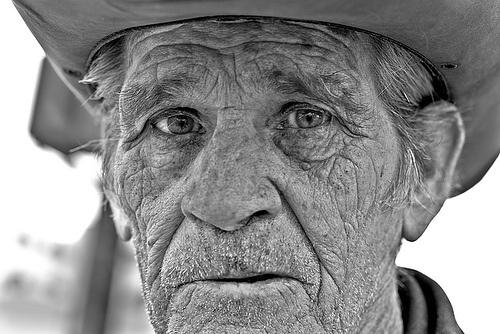
Though his work didn't require it, his idea of a man did. So, he'd clean up after breakfast before moving to the day's chores.
Like a morning ritual, he'd bring a pan of hot water, shaving mirror, soap and a towel to the kitchen table. The light was better there and it was near Grandma, so they could discuss the day's plans while he scraped a few whiskers from his sun-dried face.
That's usually when we'd notice the farmer's tan. His forehead lighter than his face, neck and hands. Grandpa would pour coffee from his cup into a saucer to let it cool before drinking. He'd then take a warm towel from the water pan and press his face.
"Now we're ready for the day," he'd tell us.
"But the boys are here," Grandma would say."
He'd wink, "Yep, and we're going to town. Need some new fishing poles before we head to the pond!"
His work was important to him, but so were we.
He bought new fishing poles every time we visited. There must have been a dozen in the shed (we'd notice as we went to find a shovel to dig for worms), but it wasn't about the poles.
He took pride in us on our trips to town.
"Hey, Mr. Armigoss," (it always interested me that men of his generation often used the other's surname in public) he once called to a man sitting in front of the store, "Meet my young men."

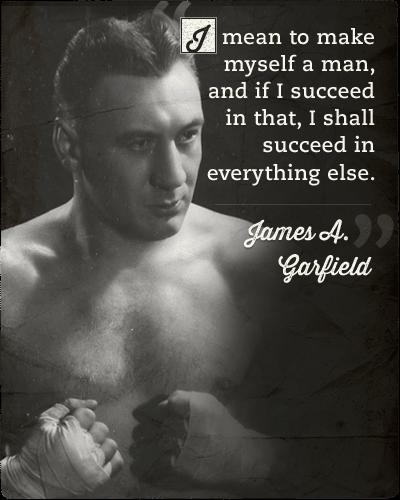
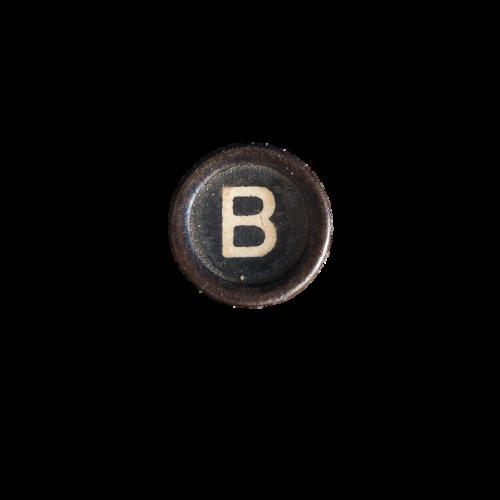
ROOSTER
Working for lunch money. That's really what he was doing. Tommy's dad was killed-in-action during the Vietnam War. I didn't really know what that meant. Death was not part of my life experience at that time.
But he was in a family where Mom was the sole provider to him and a sister. I couldn't imagine. So, I didn't. But he told me he was afraid. He was taking responsibility to "pull his own weight." He'd put himself in charge of himself.

I was afraid, too. Not of what might happen to my family, but what might happen to me the next time the bullies cornered me on the playground. So, I would go with Tommy to sweep the buses during lunch hour. He'd earn a ticket to buy lunch and I'd have a place to hide.
But something struck me a few weeks into meeting like this. Tommy was facing his fears and taking responsibility into his own hands. I wasn't.
One day Tommy was absent, so I found our gym teacher. "Coach, I can't really face these guys on the playground. Can I face them in here (on the basketball court)?"
He put me on the practice team. I was not good, but I was fast and loved the drills. My effort ` earned me a chance to defend the best players during scrimmage. I was defending our team's goal. I was defending myself.
The bullies, who were also the star athletes, couldn't punch me in the stomach or pull my pants around my ankles on the court with coaches present. They had to play their best to mine.
I never took over their player status, but did win an athletic award that Spring. Yeah. During a year-end ceremony before the entire school, the coaches called my name and told my story. As I took the trophy from the coach's hand, I heard a rooster crowing. WE ALL DID.
The entire school turned to see a lone figure in the back of the auditorium. He stood up straight, broom in one hand with his other fist clenched in the air. It was Tommy. He was proud. Proud, that like him, I had taken charge of myself.



THE WAITING GROWING UP GUYS
I can be impulsive. Especially, when it comes to my efforts to be cool. My brother, on the other hand, is not.
After realizing that television sitcom scenarios of a new car on your sixteenth birthday don't come true for a middle-class-kid, I immediately sought work.
Not for work's sake, but because I refused to drive a station wagon to high school.
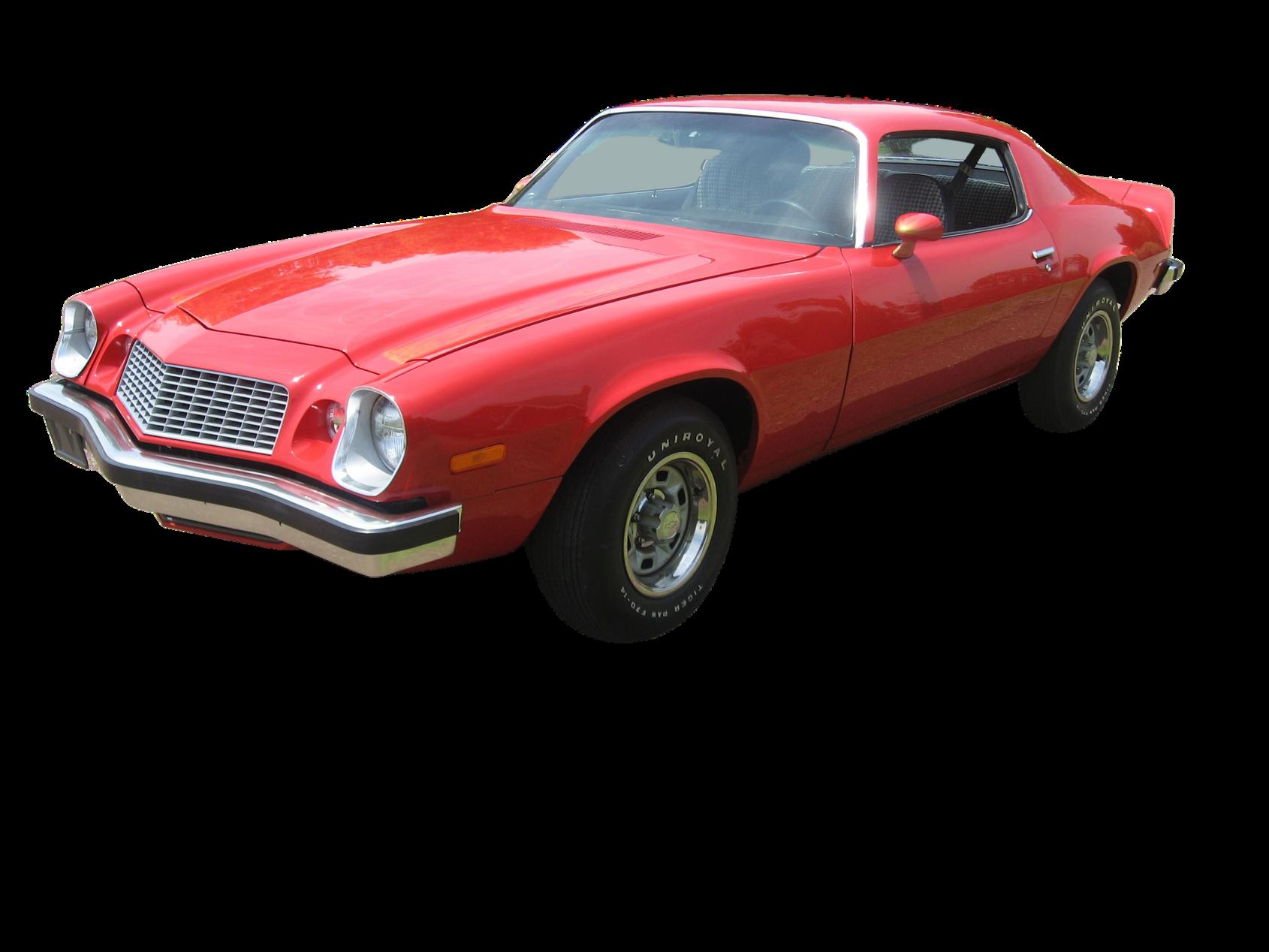
(Getting a job is a story I'll share later.)
About a two months into the summer work my friend Clay drove through the church parking lot in a used Monte Carlo. Clay's dad sold used cars and had just bought this one from a local school teacher. "How about this?" Clay asked. He told me a price and that his Dad would finance the rest.
I bit. The car was plenty cool, but now I was on the hook for the balance not knowing anything about my Dad's plans for my transportation needs. Seems he was feeling pretty good about my work ethic and was car shopping. He'd be trading the station wagon for something more suitable to teenage boy. He did, but I wasn't the beneficiary.
The family held onto the station wagon for another year. During that time, my brother had talked my parents into letting him get a part-time job to save money for a car he hoped to buy when he reached 16.
For a few weeks after his birthday, it seemed he might be following in my footsteps. At least, he was now driving the station wagon.
One day, while my brother was at work, Dad took the extra keys to the station wagon and drove it to a dealership for a trade he'd negotiated. A Camaro. It. Looked. Amazing.
Dad met Kel in the parking lot after work and said, "It will cost you whatever you've saved." He'd not saved much. Dad footed the difference. I later learned it was the car he'd planned to buy me if I'd only waited.


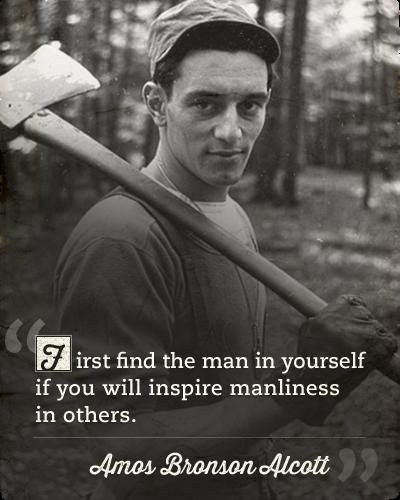
HEAD FIRST GROWING UP GUYS
The Little League Championship at Evan's Boys Club was comprised of two teams. On those two teams, lots of other teams.
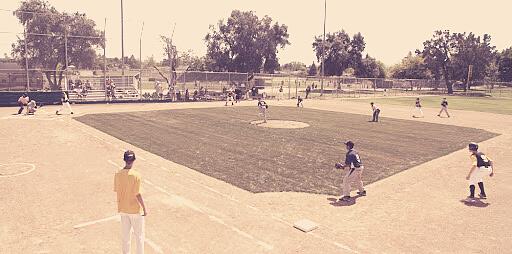
Teams of brothers. Teams of neighbors. Teams of friends from school and the Boys Club. Teams that played pick up baseball on the sandlot near home every day.
Whether there was a game to be played in league or not, we made teams and played. All the best players and all the worst.
On one side of the field, a team that included me and Kel; Hank and Barry; Lonnie and his brother, our coach, Donald. On the other, Ricky and Todd; Mike and Jeff; Scotty and his much older brother, Dennis.
Scotty was probably the best 9 year old in town. His brother, a man-child, whose learning disability had him playing a couple of leagues down.
The best and the worst were all there. The game played to a bottom of the last inning tie. The other team down to their last out. The batter was their worst player, Dennis. It was t-ball, so in theory everyone could hit. But theories don't always prove true, and Dennis was evidence--all season long.
Until today.
Down to his last swing, Dennis made contact. Not much, but enough. He tumbled down the first baseline as our catcher and pitcher scrambled for the ball. And then it happened.
He slid. He slid into first base. A cloud of dust and the pitcher's throw laying on the ground near the bag, he was SAFE.
Dennis stood, put his cap on (sideways), and yelled to the dugout, "RALLY!"
The team kept the rally alive long enough for Dennis to circle the bases and score the winning run.
They met him at the plate with hats sideways and so much joy that even we, the losers, had to smile.
On this day, the championship belonged to the worst player on the field. And we were all the better for it.


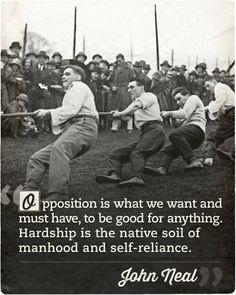
YARDBIRD GROWING UP GUYS
"Boys, Mrs. Porter needs you to help her with her lawn," Dad announced. We had no idea what that meant. "Help her with her lawn?" we asked.
"You're going to take our lawnmower down to her house and cut the grass. She'll pay you five dollars when you're done." That seemed fair enough except that we'd never actually used a lawn mower.
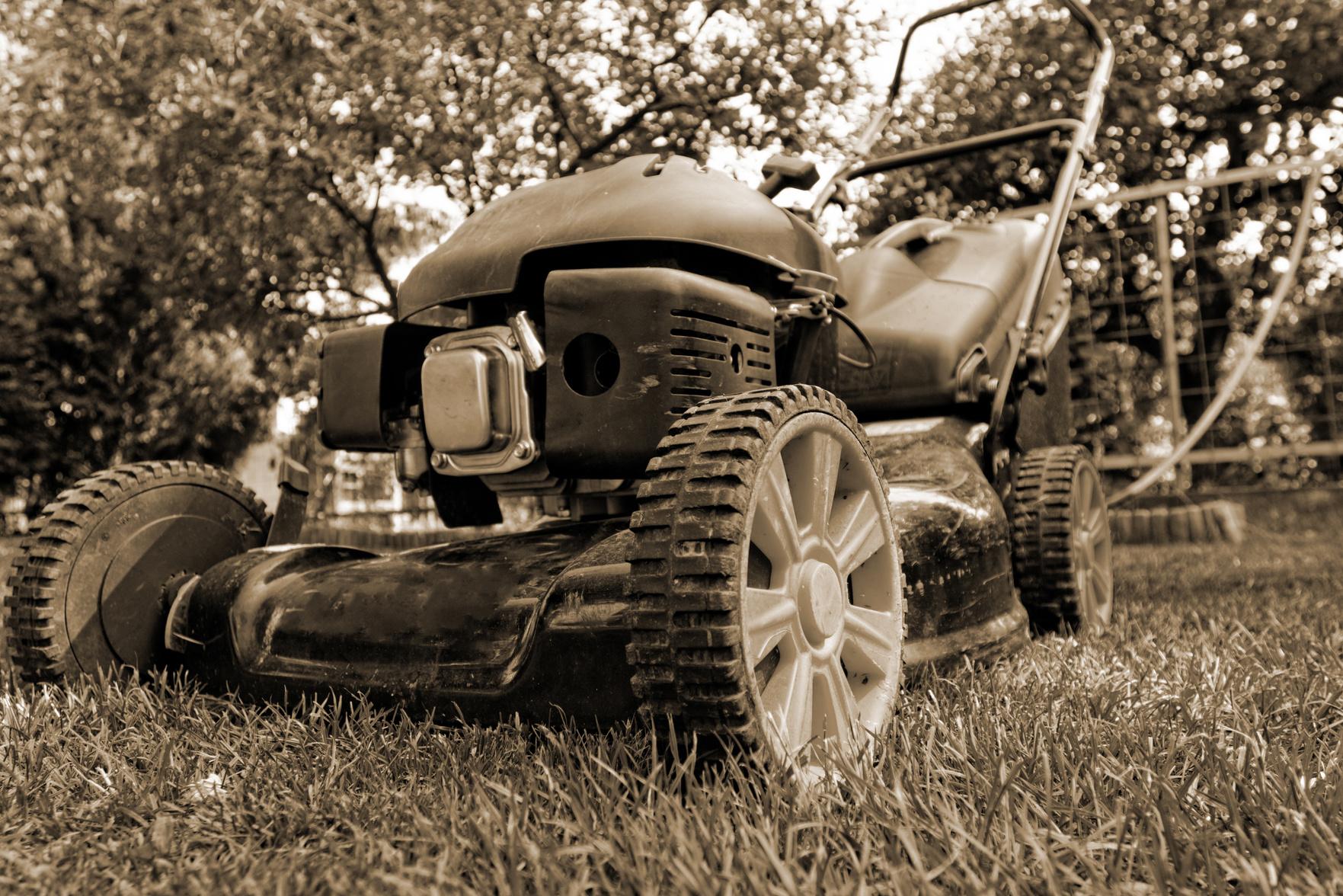
A quick turn around our own lawn that afternoon and we were masters of lawn care.
The first pass over Mrs. Potter's yard was what you'd expect from two yardmen under the age of 10, but the grass was lower (in most places).
She paid us the five dollars and we pushed the mower home.
Dad greeted us there. "My finder's fee is that you now have to cut my yard," he explained. Hmmm. Two lawns for five dollars didn't seem right. But we did the work and eventually learned to do it well.
So well in fact that my brother would point out his mastery when other kids came over to play.
He was proud of the work he'd finished.
As the summer went by, he'd take a greater interest in the work and talked neighbors into turning their yards over to him.
"Mr. Bone, I'm cutting Mrs. Potter's yard Monday. She lives right next to you. Can I do yours while I'm there?" he'd offer.
James Bone, a retired Navy supply officer, was a very particular fella. He was always tending to his garden, but he gave the yard work over to my brother.
I later heard Dad and Mr. Bone talking about it over the fence.
"James, you have a beautiful yard and love to putter in it. Why'd you let my boy start cutting it?"
"The singing," said Mr. Bone. "The work ain't much, but he seems to love doing it. And Mrs. Bone loves hearing him singing his work songs while he's around here."


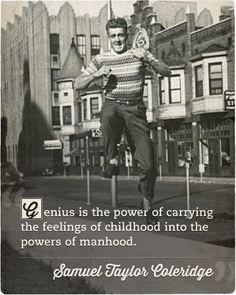
UP GUYS
COOL JACKET
By the time we saw it, the jacket was faded. It had an oil stain or two on either side and threadbare elbows. But man, it was so cool.
The jacket was a remnant from our Dad's time in the Air Force. Surely clean and pressed in its original use, it was now a bit wrinkled. It hung in the carport closet when not worn by the guy who changed the oil, gapped spark plugs, and installed new brake pads on his car.
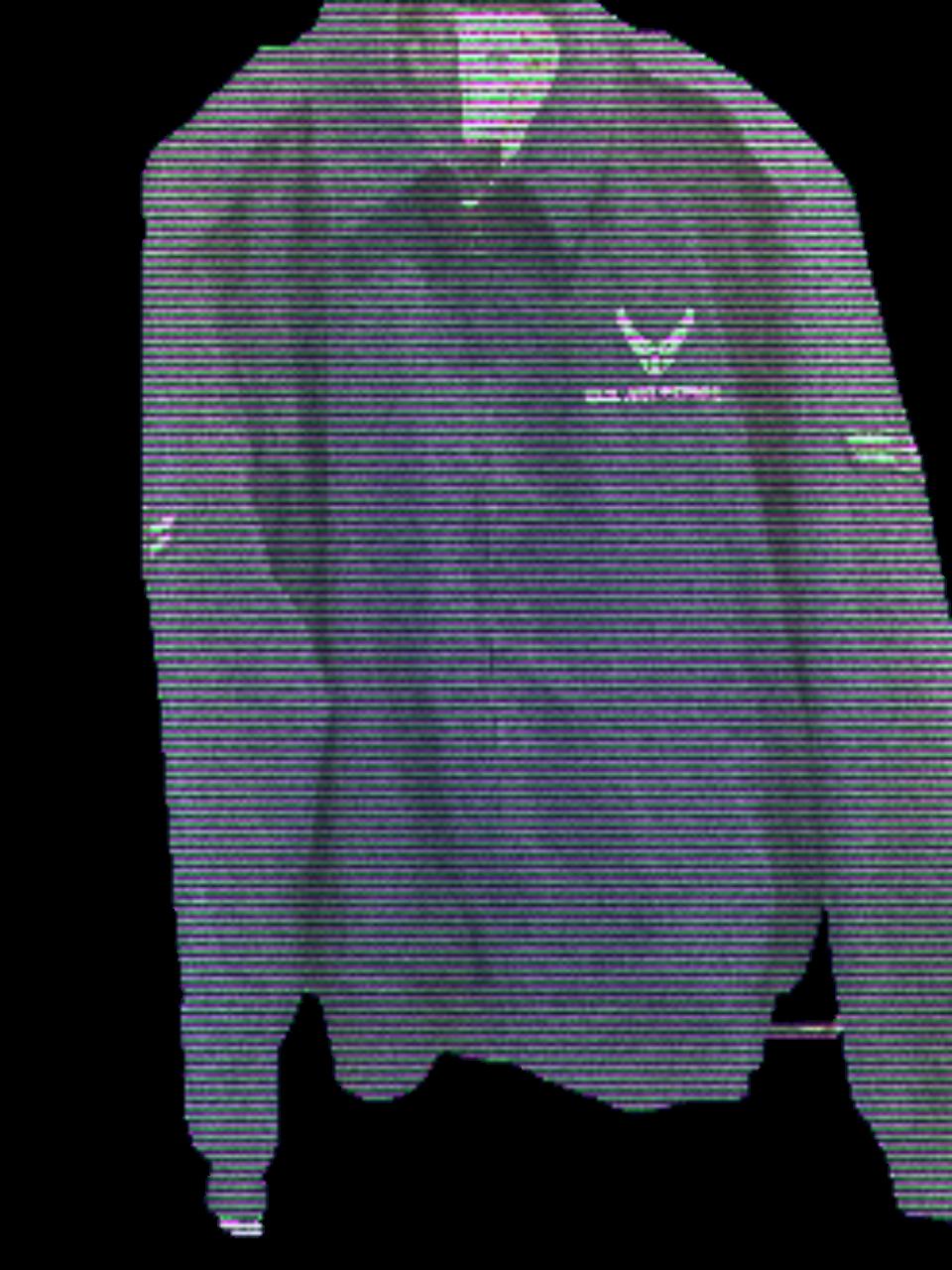
When not worn by him, my brothers and I took turns wearing it while riding bikes or doing outdoor chores in fall weather.
Took turns might be a bit polite. We raced to see who'd claim it off the old hanger and sport the thing. Maybe it was the faded blue and the Air Force symbols that made that jacket cool. Or maybe it was a symbol of the man to whom it belonged. That guy worked hard. Knew his way around a car. He took the time to explain to us what he was doing and sometimes invited us to help him do those things as a sort of man training.
There are so many symbols of manhood and coolness like that jacket. But maybe like that faded blue piece, we only recognize the symbols because of certain men.



GROWING UP GUYS
TWO PENNY CANDY
There was a small family-owned grocery just up the hill from where we lived. Mom would send me up for a loaf of bread. It was a rite of passage--permission to ride my bike up out of her sight and to the little shop.
A loaf of bread was cheaper then. A dollar would buy it and still make change. Candies were also inexpensive. A dime for a candy bar. A penny or two for a jawbreaker.
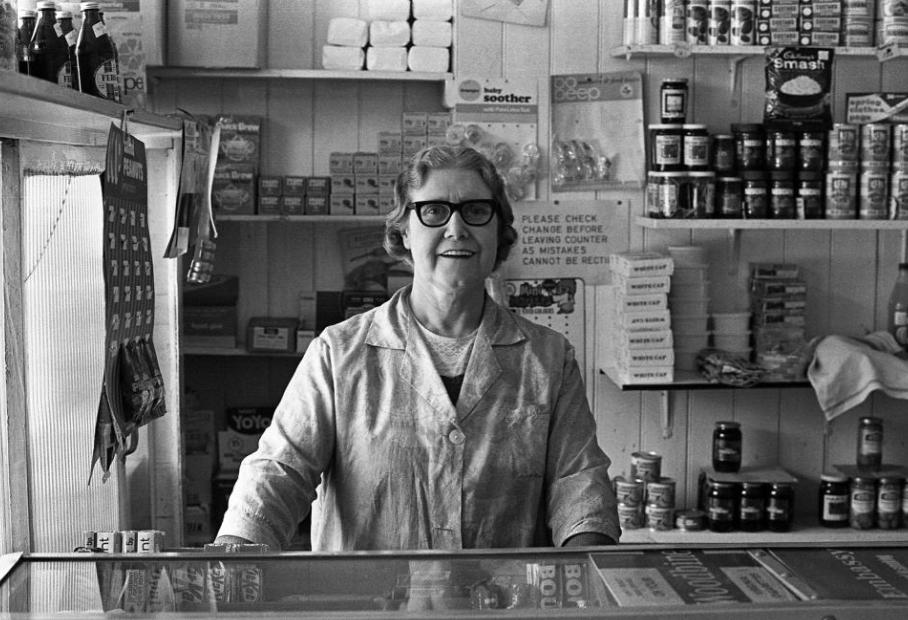
I don't know what possessed me.
Maybe it was Mom's rule to bring back the change. Perhaps it was a moment of temporary insanity. Whatever, I did the inexcusable. When the store owner turned her back, I put a piece of candy in my pocket without paying for it.
She bagged the bread and handed me the change. I raced from the store.
That moment haunted me for 12 years. When I'd see the storeowner's son at school, I'd turn and walk the other way.
I never went back to the store.
I never ate the candy. It ate at me. Forever.
My family moved across town shortly after the event, but I went back to the little store before leaving for college. I saw the owner, Mrs. Winston.
Without a word, I handed her a $10 bill. But before I could start my apology, she rang up a $.02 sale.
She gave me $9.98 in change and said, "I knew you'd be back, Timmy."


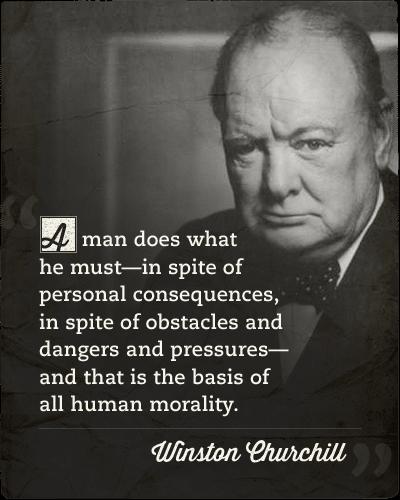
COACH
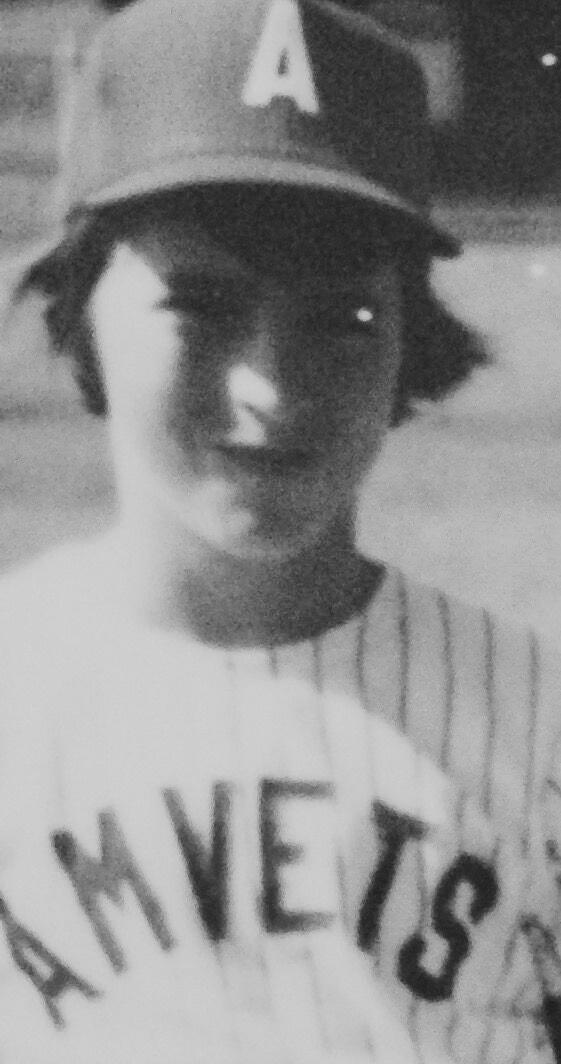
We wi We pu do it all a s to cross e game Our l d. We were loade down by fi
I’d taken a couple of big cuts but missed. Coach DeLong called me toward him at the coach’s box.
“Timmy,” he said, “Nobody’s ever hit a five-run homer. Just put the all in play.”
I needed that then and can use it now.
When you’re trying to do something big, it’s hard not to try to do it all at once.
In baseball, runners cross the plate one after the other. Not in mass.
The coach was patient with us. His advice was effective then and now.
It led to a bloop single. Two runs scored. The rally continued.
His words have served to refocus my efforts many times in life. Most important of all was the lasting message. Enjoy the game and teammates. They know that nobody has ever hit a fiverun homer and that you won’t be the first. No one will. Get in there, take a swing, and make contact. Even if you only get it part right, remember, a bloop single keeps the runners advancing. Keep playing.


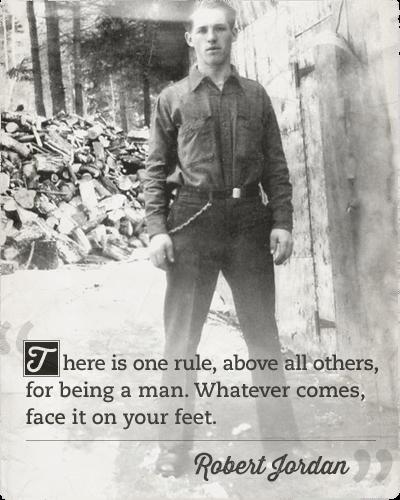
TEACH GROWING UP GUYS
"Mr. Nicholson, what's that in your mouth?" she asked.
Ms. Walton was one of my favorite teachers if only because she wasn't like the other teachers. She talked to us.
I learned things like "there's no such thing as a free lunch" in her 8thgrade economics class. I also learned that whether or not I chewed gum did not affect my learning, so I waited.
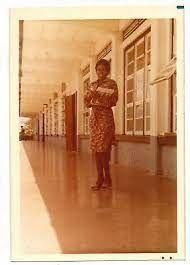
"Mr. Nicholson, what's that in your mouth?" she asked again.
"Probably the answer to your next question," I answered.
You must know that she had a sense of humor and we knew it.
She followed, "Ok, I'll play along. What's an hour of your labor worth, Mr. Nicholson?"
She had been discussing the minimum wage early in the hour.
"Well, Ms. Walton, it depends on what I'm doing. But for the most part, my hour is worth as much as I can get."
She told the class, "Pull out a pencil and paper. It's time for a quiz."
The quiz question was the same she'd asked me.


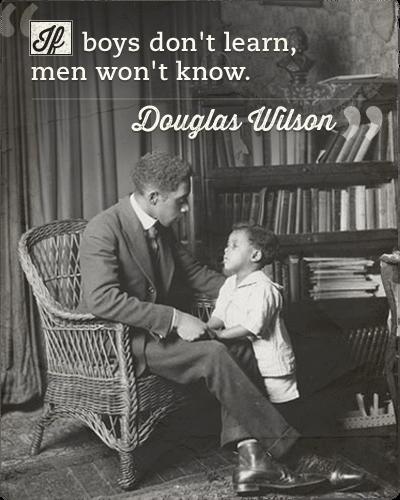
FOR HIRE GROWING UP GUYS
Mr. Baker was standing watching in front of his storefront. The shoe store was a mall fixture. Everybody knew where it was and the nature of their goods. I had not intended to speak to anyone about a job that day but was ready to graduate from my parent's station wagon to anything else before school started later that year.

I was dressed like a kid going to meet his friends for a movie. I was dressed like a kid who knew he was driving a car without AC. I was dressed like a punk.
I saw the tough-looking guy in the suit as I walked by. Being the cool kid
I thought myself to be, and I asked, “Hey, what’s up?”
He said, “My stock clerk is late again.”
I asked, “What time is he suppose to be here?”
He said, “330 to 830 every weekday.”
I said, “I can do that all summer.”
He looked me over and said, “See you tomorrow. Wear a tie.”
Reaching to shake his hand, I introduced myself, “I’m Tim, and you?”
“Mister Baker, Bell Brothers Manager,” he replied.
Oh, boy. Us guys and our titles.
I showed up at 320 the next day and every weekday for the rest of the summer. I wore the same tie from my Dad's closet every day. Mr. Baker didn't care.
The first few days, he stood at the front door waiting. By the end of summer, I was often opening the store for him.
I later asked, "why would you hire a kid dressed like that?" To which he replied, "It wasn't the look. It was your spirit."
Note to hiring managers, I suppose.
Each of us is more than we seem.


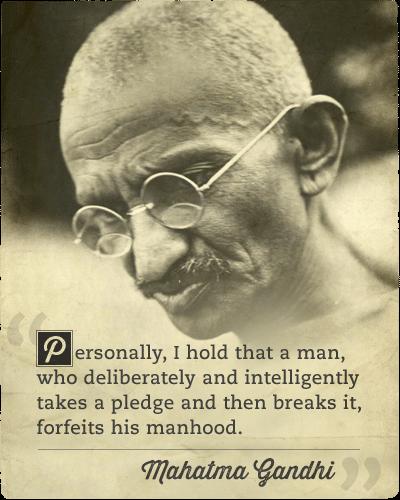
COME WITH US GROWING UP GUYS
It was my first overnight camp. A week in a new place among new people. And I was already doing it wrong. Mom, in an effort to make me feel at home, focused on bedtime comforts. She packed pajamas, sheets, pillow, and quilt for my bed--which I learned later was called a bunk-with instructions to, "make your bed first, Timmy."
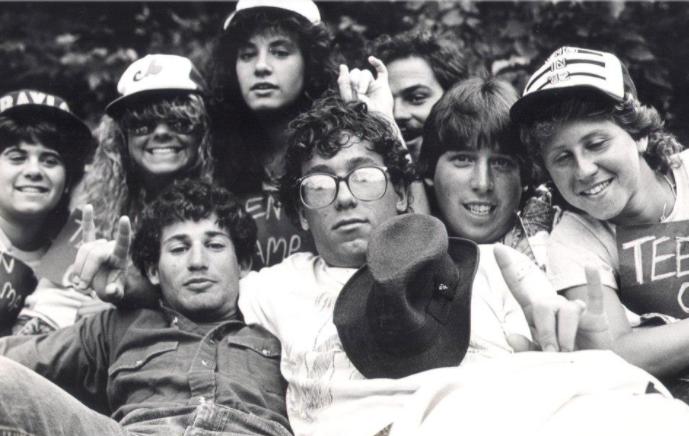
So, I did. I put the pillow case on, the fitted sheet, the quilt, folded my PJs , and then sat at the edge of the bed. That's when the trouble began.
Yep, Mom had sent me with Winnie the Pooh bedding and PJs.
I was the only grade-schooler in a bunkhouse of about 20 junior high boys and high school men.
The teasing came from everywhere, "Who's the kid at Pooh Corner?"
Every bunk that had been made with a sleeping bag and a shabby pillow was now a platform for jokes of all sorts.
But I got a lucky break.
The girls' bunk was just across the building. One of the high school girls had ventured over to fetch her boyfriend. She saw the teasing and came to sit by me.
She called to her friend, "Frank, what are you guys doing? Get over here."
Frank, who had a full beard and deep voice rolled off his top bunk carrying his sleeping bag with him.
He followed his girlfriend's lead as they unmade my bed. They folded Pooh's stuff and put it under the bunk. They turned the pillowcase inside out and spread Frank's sleeping bag onto my bunk. From that point forward, I was part of Frank's crew. If the guys were going to hike or play basketball he'd call, "Come with us, Nicholson."
I was no longer Timmy. They referred to me like they did one another. See, Frank was Billy's last name. We were now on a last name basis, and it was cool. His girlfriend, Perry, did the same.
“We’re going to the canteen. Come with us,” she'd encourage me.
“It’s swim day. Come on! Go with us,” she and Frank would wave me in.
Never, “do you want to?” Always, “come with us” or some version of that.
Me being part, not being pitiful.
For a week, I was Nicholson in bunk 6. Not Timmy at Pooh Corner. And it was all because of Perry--her first name was Lisa--and Frank.
The week ended. Frank helped me pack my suitcase. But he did one better. He rolled the sleeping bag, took a marker, and wrote "Nicholson" on it. Then he put it under my arm and led me toward the bus.
Perry leaned out of the bunkhouse as we passed. "See you next year, Nicholson," she chirped.


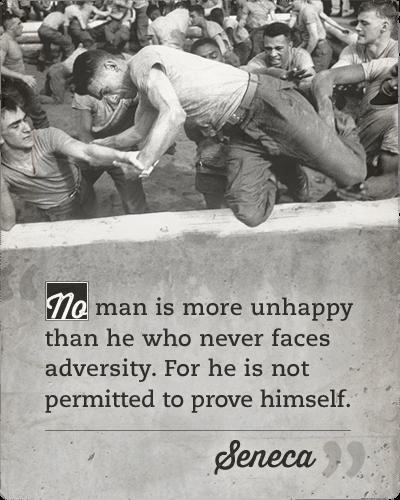
FOR COLD FEET GROWING UP GUYS
An early taste of winter on an autumn night in the country is not like any other place. The chill is more present and the relief less evident. So, grandpa and grandma had their routines for warming the back porch where they slept during our visits. (They gave up the warm rooms near the furnace for "the children" on the occasion of our visits.)

My brothers and I would follow grandpa around the house as grandma and Mom rummaged for quilts and the heavier blankets for our beds. Grandpa would tell us goodnight and head back to the porch. In a heavy nightshirt and socks.
"Grandpa, why do you wear socks to bed?" we asked.
"Because Grandma has cold feet," he laughed. A couple of years later, we were back, and the routine remained the same. But this time, I saw grandpa pour something from a small bottle into a tiny glass and quickly drink it.
I could smell the alcohol but didn't know what it was.
"Grandpa, why are you drinking that?"
"Well, I wear socks to bed because Grandma's feet are cold. I take a shot of whiskey at bedtime because mine are."


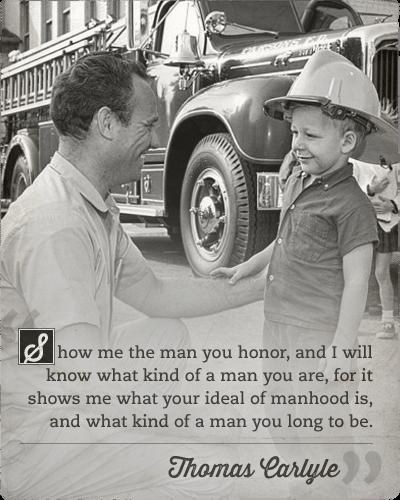
WHAT NEXT?
We're open to see , y still so many stories to tell of things we've learned along the way.
So, we'll be back with more stories. Not to live there but to learn from there. The past is the past. It's like I told our dog, Sunny, as we walked through the neighborhood—me going forward, him trying to return to something he sniffed along the way. "Sunny, don't look back. That's not where we're going."

THE STORYTELLER GROWING UP GUYS
Tim C. Nicholson lives in Austin, Texas, with his wife Susie and their dog, Sunny.
He's spent years telling stories to help clients find creative solutions to business problems.

Now, Tim, Susie, and their son, Evan, are opening a men's experience in Austin. It's called Brother Friend.
Visit brotherfriend.com
For speaking engagements and interviews, contact tim@brotherfriend.com
